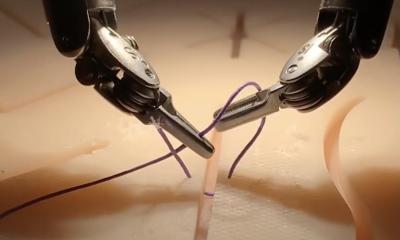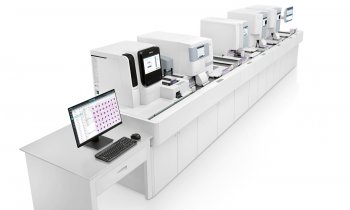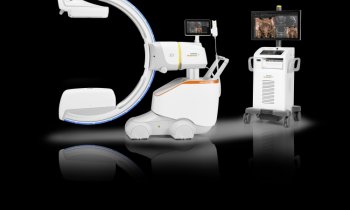Image source: Adobe Stock/WavebreakMediaMicro
News • Optimizing operating room use
Machine learning improves surgery scheduling
Machine-learning algorithms are 13% more accurate in predicting the surgical time needed in the operating room compared with human schedulers.
The finding, published this month in the Annals of Surgery, could help streamline the use of one of the most expensive resources in a hospital setting -- operating rooms.
A team of Duke Health data scientists, clinicians, administration leadership, and researchers trained three AI models on thousands of surgical cases as part of the study. The algorithm is now in use at Duke University Hospital. “One of the most remarkable things about this finding is that we’ve been able to apply it immediately and connect patients with the surgical care they need more quickly,” said Daniel Buckland M.D., Ph.D., corresponding author and assistant professor in the Department of Emergency Medicine and Department of Surgery at Duke University School of Medicine.
The researchers found that even a small reduction in scheduling errors improved clinical workflow and saved costs over time. For example, the fewer overtime hours for cases that ended past regular working hours in inpatient and ambulatory operating rooms could potentially reduce overtime labor expenses by about $79,000 over a four-month period
Buckland said the study demonstrates that machine-learning models provide immediate utility when applied to real-world problems.
In addition to Buckland, study authors include Hamed Zaribafzadeh, Wendy L. Webster, Christopher J. Vail, Thomas Daigle, Allan D. Kirk, Peter J. Allen, and Ricardo Henao.
Source: Duke University Health System
01.07.2023










